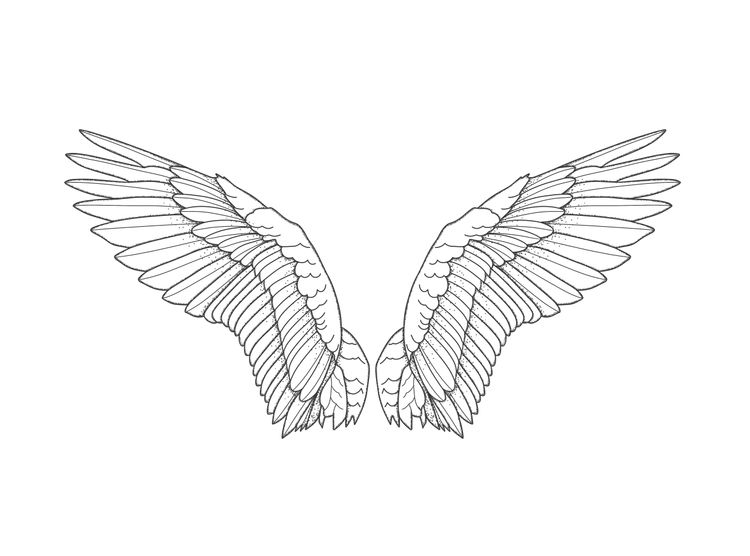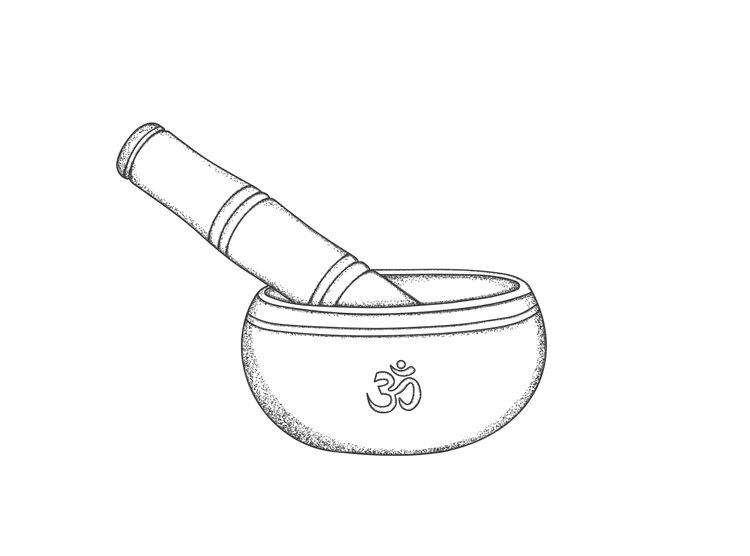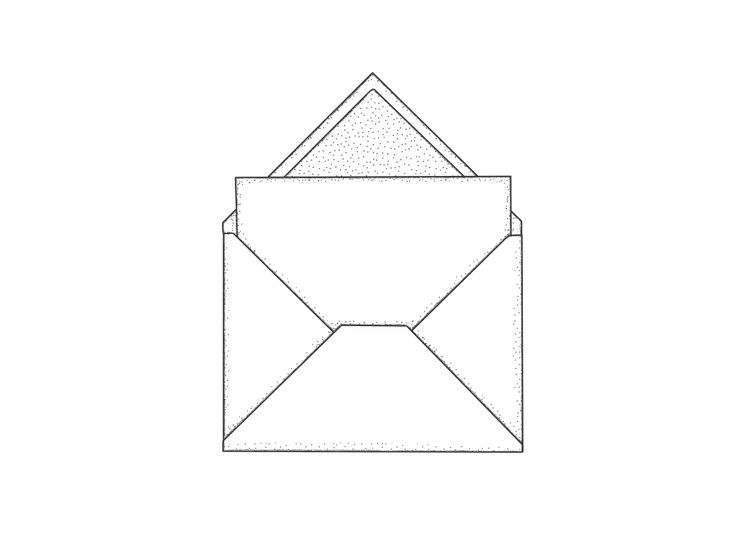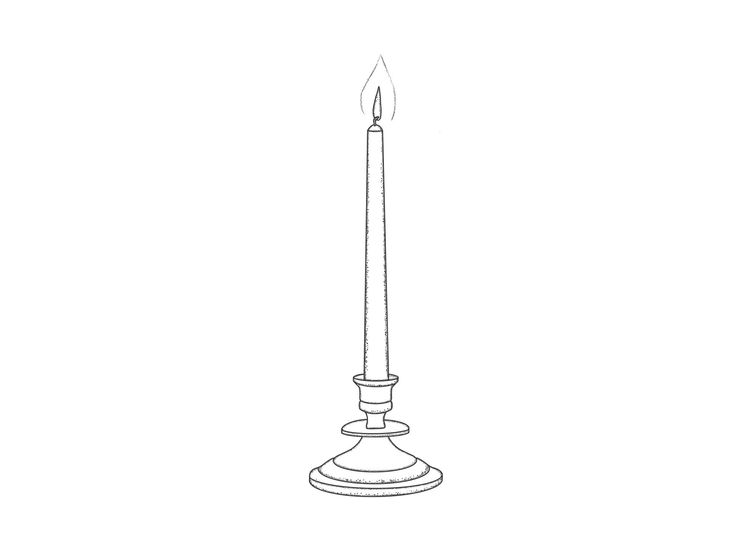Prayer

For Danielle.
Why did our ancestors pray? To ask for rain or sun, or victory in battle? Some prayed that way, and the universe answered as it does, with blind indifference.
But prayer takes many forms. Some offered prayers of thanks—to the meal in front of them, or to the harvest ended. Some prayed to greet the morning sun, and the new moon. Some danced and sang their prayers of love and joy. Some knelt and bowed their heads to pray in humble supplication.
Let us reclaim prayer from superstition and magic. Let us pray in thanks to the wonder of life. Let us dance and sing our prayers of joy and love. Let us pray to recognize the best in each other, and forgive the worst. Let us bow and kneel in humble recognition of our ignorance. Let us pray when we are saddened or defeated, and have nothing left to give except our love.
In prayer, we abandon our self-serving stories about the world. When we bow our heads to pray, we accept that we are fallen, and in that truth find compassion and forgiveness. When we pray to the sun and moon, we join ourselves to the vast and ancient cosmos, which unfolds according to its own design. In prayer, we surrender ourselves to chance and fate, and find peace in our acceptance.
I'm guessing there's a reason why we have been praying for 25,000 years—and it's not because God is in the business of granting us our wishes. My hunch is that prayer improves mental health, encourages positive thinking and builds strong relationships. Like exercise and sleep, prayer is good for us, so we keep doing it.
You don't need to believe in God or paradise or the resurrection to pray. You don't need to bother God at all. Just put your hands together and bow—to the morning sun, to a fellow human, to the dinner on your plate. I say a little prayer of thanks each morning. It helps, on most days.
Read this beautiful, funny essay about prayer by Anne Lamott in The New York Times. If you are an unbeliever, read this essay by Philip Goff in Psyche on why religion without belief can still make sense.
The latin root of prayer means to beg. The root of the Hebrew word for prayer, tefillah, means executing judgment, thinking, or contemplation.
Each week I explore a life metaphor that has touched me in my coaching. Subscribe to get my scribblings every Sunday morning. You can also follow me on Medium, or on LinkedIn. Feel free to forward this to a friend, colleague, or loved one, or anyone you think might benefit from reading it.




